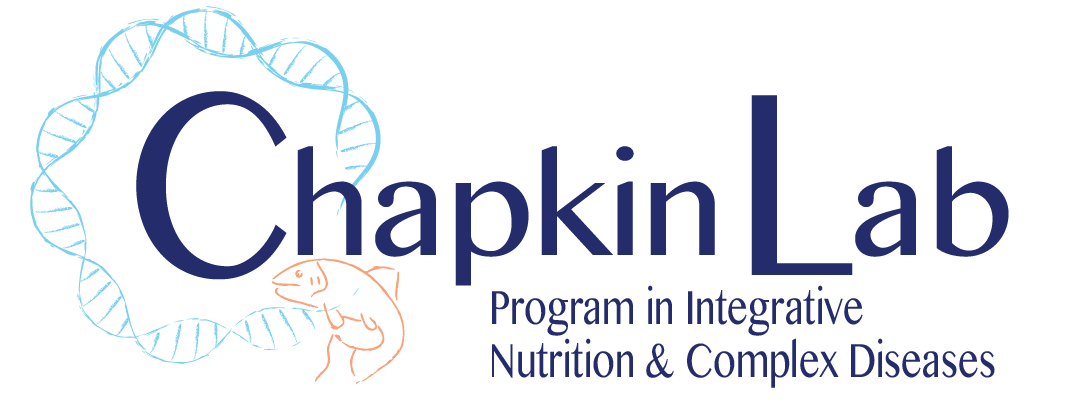RNA quality can be accurately assessed on an Agilent 2100 Bioanalyzer. The Agilent 2100 Bioanalyzer is the method of choice for determining nucleic acid quality. The instrument uses microfluidics technology to separate charged molecules by size. Total RNA, polyA RNA, microRNA and DNA can be analyzed on the Bioanalyzer, 10-12 samples per chip
Submission Requirements
-Samples should be in water or dilute buffer (i.e. 10 mM Tris, 0.1 mM EDTA)
-RNA should be 25-500 ng/µl for a Nano chip or 0.2-10 ng/µl for a Pico chip
-Genomic DNA and sequencing libraries at 0.1-50 ng/µl can be run on a DNA chip
-3 µl of each sample is requested
-Results should be available within two days

